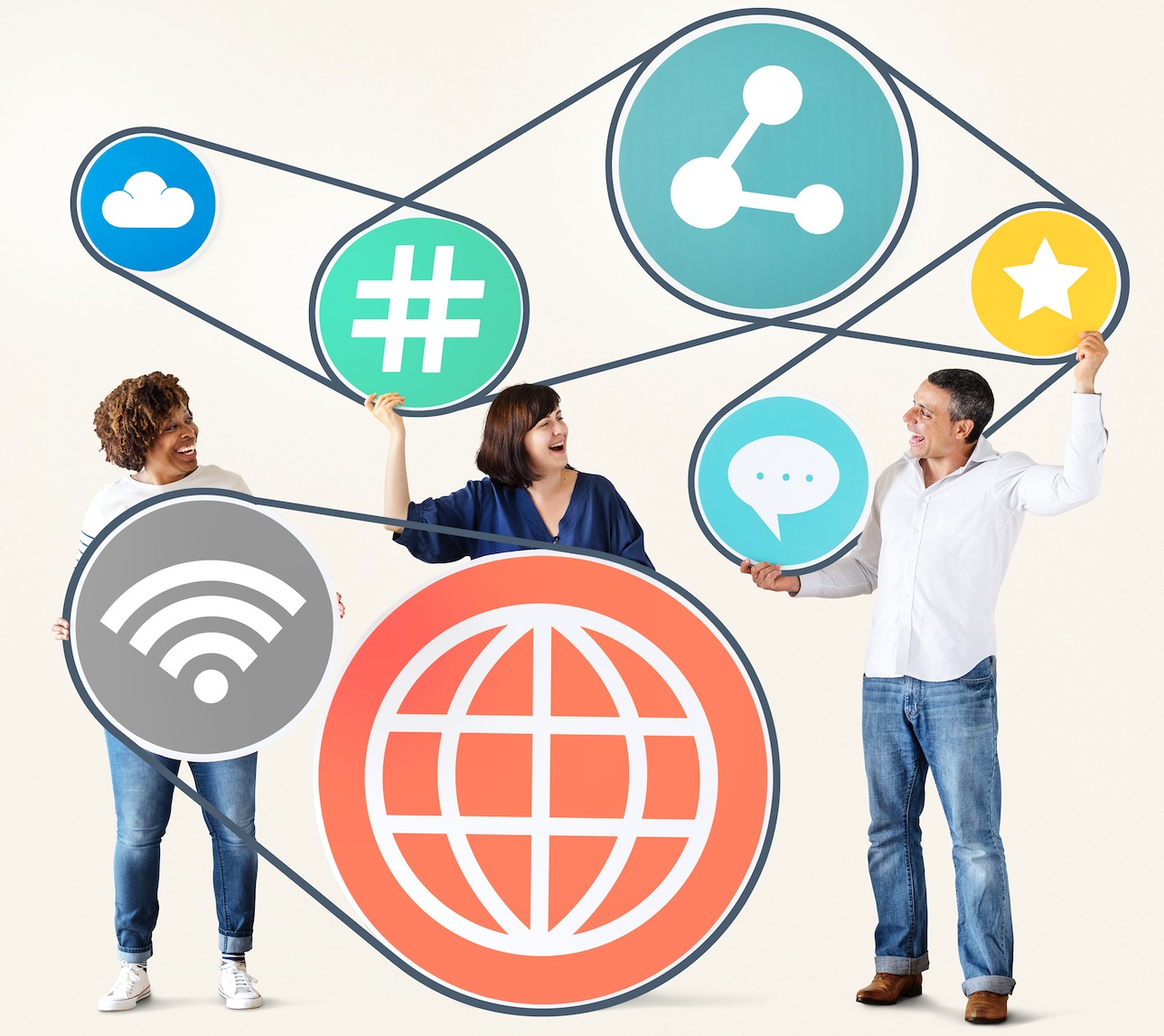
On this page, we give the three reasons why the use of electronic media has become increasingly important in a democratic country.
The use of electronic media has become increasingly important in democratic countries for several key reasons such as:
- Enhancing Transparency and Accountability: Electronic media, including online news outlets, social media, and blogs, play a crucial role in keeping citizens informed about the actions of their government. They provide a platform for investigative journalism, live reporting, and dissemination of information, which can expose corruption, highlight social issues, and hold public officials accountable. This openness is essential for a functioning democracy, where access to truthful and timely information enables citizens to make informed decisions.
- Facilitating Public Participation and Engagement: Electronic media offers tools that enable more direct and widespread public participation in democratic processes. Platforms like Twitter, Facebook, and various online forums allow citizens to engage in policy discussions, interact with elected officials, and mobilize around common interests. This kind of engagement is vital for a vibrant democracy, as it helps ensure that governance is responsive and reflective of the people’s will.
- Empowering Diverse Voices and Perspectives: In traditional media, the space for different opinions can be limited by editorial policies or corporate interests. Electronic media, on the other hand, provides a more decentralized platform where a broader range of voices can be heard. This diversity in perspectives is crucial for a healthy democratic society, as it ensures that minority viewpoints are also represented and that the public discourse is not dominated by a few major voices.
Overall, electronic media has transformed how information is shared and consumed, playing a vital role in modern democracies by promoting transparency, encouraging public participation, and enriching public discourse with a multitude of viewpoints.
Real examples that illustrate the importance of electronic media in democratic societies
Here are real examples that illustrate the importance of electronic media in democratic societies:
Enhancing Transparency and Accountability:
Watergate Scandal: While not recent, this is a historic example of how media can uphold democracy. The Washington Post’s reporters used both traditional and emerging electronic media tools of the time (1970s) to expose the Watergate scandal, leading to widespread public awareness and the eventual resignation of President Richard Nixon.
Panama Papers (2016): This massive leak of documents from a Panamanian law firm was reported worldwide through electronic media, including digital news outlets and social media platforms. It exposed widespread corruption and offshore financial dealings of public officials globally, prompting investigations, resignations, and policy changes.
Facilitating Public Participation and Engagement:
Arab Spring (2010-2012): Social media played a pivotal role in the Arab Spring, where platforms like Facebook, Twitter, and YouTube were used to organize protests, share information rapidly among protestors, and gain global attention. This shows how electronic media can facilitate significant public engagement and mobilization in a democratic movement.
#MeToo Movement: Originating from a simple hashtag, the #MeToo movement grew into a global campaign against sexual harassment and assault, particularly in the workplace. Social media platforms were crucial in spreading the message, allowing millions to share their stories and demand changes in laws and workplace policies.
Empowering Diverse Voices and Perspectives:
Independent Online Media in India: In India, platforms like “Scroll.in,” “The Wire,” and “Quint” provide alternative viewpoints and investigative reports that often challenge mainstream media narratives. These platforms have been vital in discussing underreported issues such as caste discrimination, gender inequality, and government policies.
Black Lives Matter (BLM): The BLM movement leveraged platforms like Twitter and Facebook to highlight and protest against police brutality and racial injustice in the United States. These digital platforms amplified voices that had been marginalized in mainstream media, impacting national conversations about race and equality.
These examples demonstrate how electronic media serves as a tool for enhancing transparency, fostering public engagement, and empowering diverse voices, thereby supporting the foundations of democratic governance.
Looking for something specific?
[ivory-search id="163692" title="Default Search Form"]







Leave a Comment